I Dig Sports
Hamstring injury rules JP Duminy out of MSL 2019
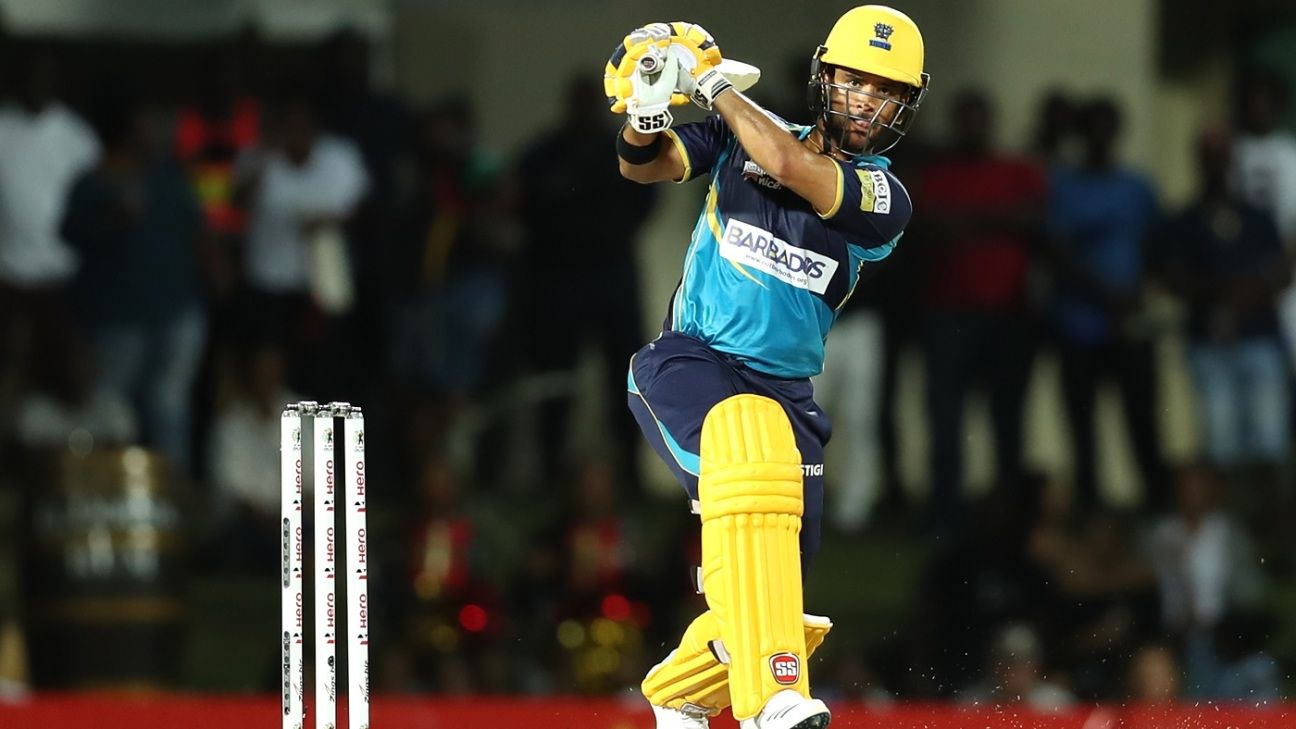
JP Duminy will play no part in the 2019 Mzansi Super League (MSL) after picking up a hamstring injury in the lead-up to Paarl Rocks' season opener.
Duminy, who retired earlier this year as the country's highest run-getter in T20Is, was diagnosed with a high-grade partial tear to his right hamstring after undergoing an MRI scan. He had also missed last season's MSL because of a hand injury.
Duminy's injury is a second blow to the Rocks squad. Earlier this month, Aiden Markram was ruled out from the competition after he hurt his hand in a self-inflicted injury on the tour of India.
While Kyle Verreynne has since replaced Markram in the side, Rocks have not named one for Duminy yet. "We will assess our options on Monday," Rocks coach Adrial Birrell said in a statement. "[We will] then decide how to best replace JP."
As for Rocks captain Faf du Plessis, he believes the two setbacks offer an opportunity for the rest of the squad to step up. "JP brings a lot of value in a lot of different areas. His experience will be missed, especially by the younger guys. I have full confidence in our team to bounce back from this. We have strengthened our batting this year and we'll use this setback as motivation."
The semi-finalists from last season play their first game of the season against Quinton de Kock's Cape Town Blitz on Sunday.
Christian Yelich's run game and other lessons from Bill James Handbook
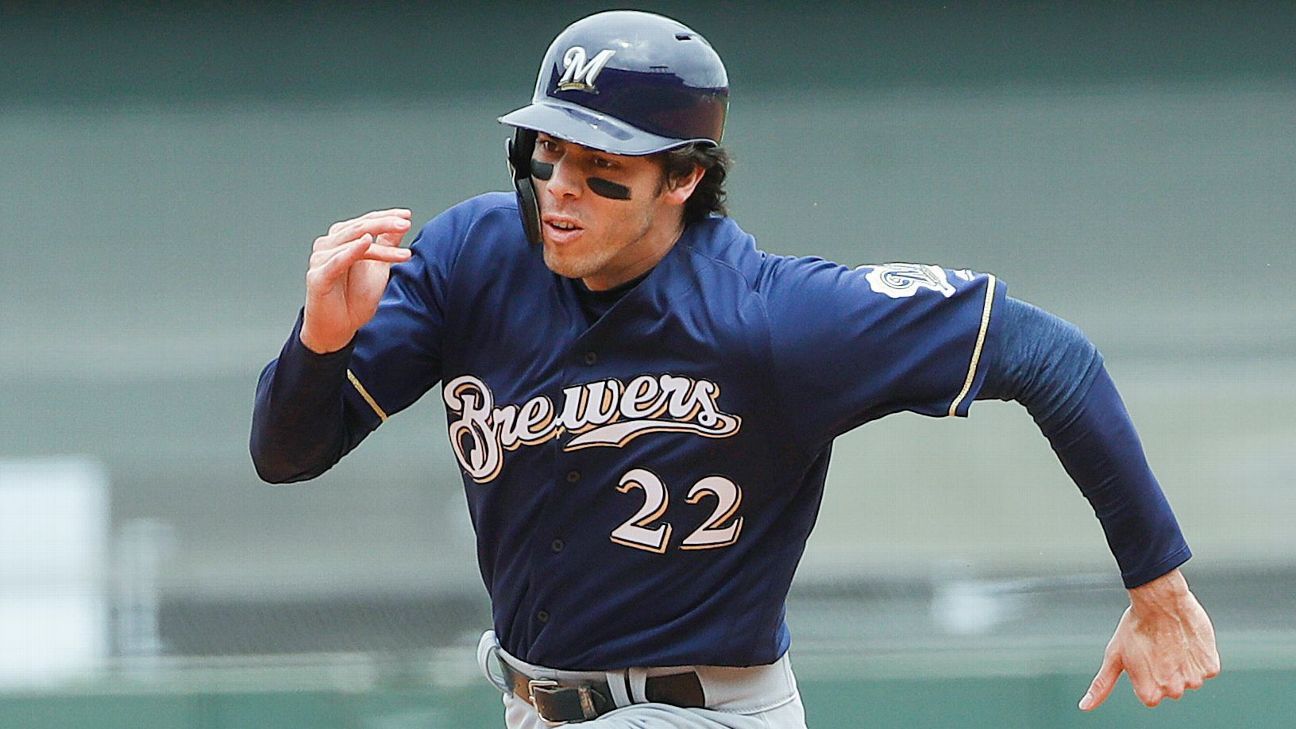
So much happens during the World Series -- and there's always another game to look ahead to until the final one -- that a lot of small, important plays get lost in the big-picture takes. Two plays, quickly forgotten in aftermath of Stephen Strasburg's mastery and Anthony Rendon's brilliance and Howie Kendrick's home run and Max Scherzer's gutsy effort, helped swing the World Series to the Nationals.
In Game 6, the Nationals led 3-2 in the bottom of the fifth inning, but Strasburg was teetering a bit as the Astros put runners on second and third with one out. The bullpen was starting to scramble. Strasburg struck out Jose Altuve on three pitches, but Michael Brantley connected with a 1-1 fastball:
Brantley hit it hard -- 102.7 mph -- but right to shortstop Trea Turner, who was playing on the second-base side of the bag in a shift, even though Brantley isn't a hitter teams always shift on. A lot of attention was given to the Altuve strikeout -- he fanned with an off-balance swing on an 0-2 curveball in the dirt -- but if Brantley's ball goes through, the Astros take a 4-3 lead and who knows how the rest of the game unfolds?
In Game 7, the Astros had Scherzer on the ropes early, with several hard-hit balls. Yuli Gurriel led off the second inning with a home run and Yordan Alvarez and Carlos Correa followed with hard singles. Robinson Chirinos popped out on an ill-advised bunt and Josh Reddick grounded out with the runners moving up. George Springer then swung at a 3-0 fastball:
Again, the ball was hit hard: 105.2 mph. Again, the Nationals were in perfect defensive position, with Juan Soto dropping to his knees to catch the sinking line drive. If that ball falls, it's 3-0 Astros and who knows how the rest of the game unfolds.
During the regular season, teams hit .635 on balls with an exit velocity of 100 mph or greater. In the World Series, the Astros hit .521 and the Nationals .517. That was especially damaging to the Astros, as they had 48 balls in play of 100 mph compared to just 29 for the Nationals. But all series we kept seeing the Nationals in the right place at the right time and making some great defensive plays (Anthony Rendon in particular). That was no accident.
In watching the World Series (or all of the playoffs), it boggles the mind that some people still think using the shift is bad strategy. The Nationals don't receive much credit in comparison to the Astros for their use of analytics, but the World Series was a great showcase for their defense.
In flipping through the new edition of "The Bill James Handbook," it was no surprise to learn that shifts were once again up across the majors:
2017: 26,705 shifts
2018: 34,669 shifts
2019: 46,758 shifts
In the book, Baseball Info Solutions estimates 1.33 runs are saved for every 100 hits, or a total of 622 runs saved across the majors in 2019 -- about 21 per team.
What's the impact of the shift? Freddie Freeman faced the most shifts of any batter (left-handed hitters in general face more shifts) with 459 plate appearances with a shift on. He hit .227 on grounders and short liners with a shift deployed and .667 without one. Anthony Rizzo was the second-most shifted-on batter and hit .219 against a shift and .333 without the shift. Cody Bellinger was third on the most-shifted list and he hit .279 versus .600.
The handbook is full of nuggets like that. The first 50 pages include two long essays from Bill James, one related to the Hall of Fame and a deep dive into some suggested fixes to the game to prevent it from being swallowed up by home runs, strikeouts and three hour-plus games. It's a fun essay with some logical ideas (change the rules for using relief pitchers, keep batters from stepping out of the box), along with some ideas from out of left field (increase the width of bat handles, rule the batter out on a second two-strike foul ball).
Ultimately, James argues that MLB should set a goal for exactly what it desires. He suggests games of 2 hours, 30 minutes (the average game time was more than three hours in 2019); 0.75 home runs per game (it was 1.39 in 2019); 6.5 strikeouts per game (8.8 in 2019). The numbers can be up for discussion, but James is right that MLB's current nebulous "pace of play" objective doesn't set a clear goal.
Anyway, the meat of the book is the reams of data, including the career register for all active players if you prefer flipping through a book rather than scouring Baseball-Reference.com. A few more interesting items:
Christian Yelich is good at everything: The baserunning section is one of my favorite parts of the book, addressing an underrated part of the game. Players are broken down by stolen base value and value running the bases (such as going from first to third on a single or first to home on a double). Yelich had a net gain of 43 bases, tied with Jonathan Villar for the best mark. Yelich was 30-for-32 as a base stealer but also had a net gain of 17 on the basepaths.
Removing stolen bases from the equation, the best baserunner was Adam Eaton at plus-26, followed by Danny Santana and Niko Goodrum at plus-23, and Mike Trout -- yes, he's good at everything too -- at plus-22.
The worst baserunners: Josh Donaldson at minus-30, Josh Bell and Jonathan Lucroy at minus-27 and Wilson Ramos at minus-26. Donaldson has a positive rating in his career, but maybe the calf injuries have slowed him or at least eliminated his aggressiveness. He went first to third just five times in 36 opportunities (MLB average is 28%) and first to home zero times out of six chances. But he was also credited with 12 outs on the bases -- he was doubled off seven times when only one other player was doubled off even four times.
By the way, the top baserunning teams were the Diamondbacks, Brewers and Rangers, with the Marlins way at the bottom. The Nationals ranked sixth in net gain of plus-71 while the Astros were 21st at plus-2, even though they were described throughout the postseason as an aggressive team on the bases, which was clearly not the case, at least in 2019.
Team efficiency: This is a category that builds off expected runs scored and allowed compared to actual runs, then is translated to expected wins and actual wins. The second-least efficient team in the majors? The Astros, who should have won 115 games rather than 107. The Astros scored 34 fewer runs than expected and allowed 33 more than expected. The weird thing is they had an .855 OPS with runners in scoring position versus .840 overall, although they weren't quite as good with two outs and RISP (.239 average, .796 OPS). The below-average baserunning factors into that equation as well.
Bruce Bochy's managerial record: Bochy retired -- at least as Giants manager -- and it's fun to see how much strategy has changed since his first gig with the Padres in 1995. Using 1996 for comparison (since 1995 was a shortened season), take a look:
Stolen base attempts
1996: 200 (career high: 241 in 1999)
2019: 75 (career low)
This can be tied to personnel, but there were 3,239 stolen bases in 1996 across the majors and 2,280 in 2019, the lowest per-game average since 1971.
Sacrifice bunt attempts
1996: 73 (career high: 102 in 2010)
2019: 37 (career low)
Why bunt? Everybody is a power hitter these days. The '96 Padres actually didn't bunt that much, with only 17 sacrifice bunts from non-pitchers. The 2019 Giants had six.
Pitchouts
1996: 65 (career high)
2019: 4 (career low: 2 in 2018)
The pitchout is dead.
Intentional walks
1996: 47 (career high: 64 in 2013)
2019: 26 (career low)
Note: A.J. Hinch of the Astros had neither a pitchout nor an intentional walk in the regular season. He did issue a free pass to Juan Soto in the World Series.
Relief appearances
1996: 411 (career low: 369 in 1998)
2019: 587 (career high)
No surprise here.
Yankee Stadium was a ... pitchers' park? The Yankees and opponents hit 297 home runs on the road ... and only 257 at home. The book gives Yankee Stadium a home run factor for 2019 of 91, meaning it decreased home runs 9 percent (it's still at 110 over a three-year factor, however). It's run-scoring index is even lower: 82. (Yankee Stadium is very low for doubles and triples.)
The lowest home run factor goes to San Francisco's Oracle Park at 69 for 2019 (and 68 over three years). You wonder what that might mean for Madison Bumgarner if he leaves the Giants. Consider his ERA splits the past two seasons:
2019
Home: 2.93
Road: 5.29
2018
Home: 1.63
Road: 4.97
RBI men: The general public hasn't lost complete interest in RBIs, but awareness that the stat is often driven by opportunities is much more prevalent than it was 20 years ago. Still, a lot of announcers will describe somebody as a "good RBI guy." The James handbook has a category called "RBI percentages," which factors in runners on base. (The batter also gets credit, for example, for hitting a single with a runner on first, even though there was no RBI.)
Anthony Rendon led the majors with 126 RBIs and he was also a good RBI guy, ranking sixth in RBI percentage with a score of .462. Jose Abreu led the AL with 123 RBIs, although he ranked 49th in the majors in RBI percentage at .407 (good, but not great).
The top five: Nelson Cruz (.486), Mike Trout (.472), Will Smith (.467), Mitch Garver (.464) and Christian Yelich (.463). The worst are the bad hitters and non-home run guys: Billy Hamilton (.159), Travis Shaw (.171), Bubba Starling (.175), Jeff Mathis (.175) and Gordon Beckham (.176), who, yes, is still floating around.
Anyway, those are just a few highlights from the handbook. Check it out. It's a fun investment.
Tokyo 2019, Olympic Games dress rehearsal for Chinese Taipei

Unbeaten from the group stage with victories over Vanuatu and Romania, Chinese Taipei, led by 27-year-old Cheng I-Ching left the tournament with hope of returning to the same venue for the Tokyo 2020 Olympic Games.
If there is any match that really showed the quality of the Chinese Taipei at Tokyo 2019, it was the quarter-final encounter against Hong Kong, China.
The tie lasted for more than two hours, giving an inkling of what could come to pass at Tokyo 2020. With the match balanced at 2-2, it was Cheng I-Ching that stepped up to face Lee Ho Ching. The match produced many spectacular rallies with both players thrilling the fans, but it was Chinese Taipei’s Cheng that prevailed 3-1 in a hard-fought victory.
On Saturday 9th November, Chinese Taipei exited the competition honourably with a 3-0 semi-final loss to China. Suffering a 3-0 defeat but Chinese Taipei fought well with their performance acknowledged with an applause from the Japanese fans.
A satisfied Cheng said after the tie that they are satisfied with their performance at Tokyo 2019:
“I think we are happy with the way we played in this competition – we all gave our best as a team. But, I must also say that coming to Tokyo has helped us to get familiar with the venue that will host the Tokyo 2020 Olympic Games. I think generally, this competition is a good test for us as a team as well as individually. At least we know what to expect next year in terms of the condition of the hall as well as the friendly and charged atmosphere we will witness.” Cheng I-Ching
Graeme Smith could be South Africa's first director of cricket
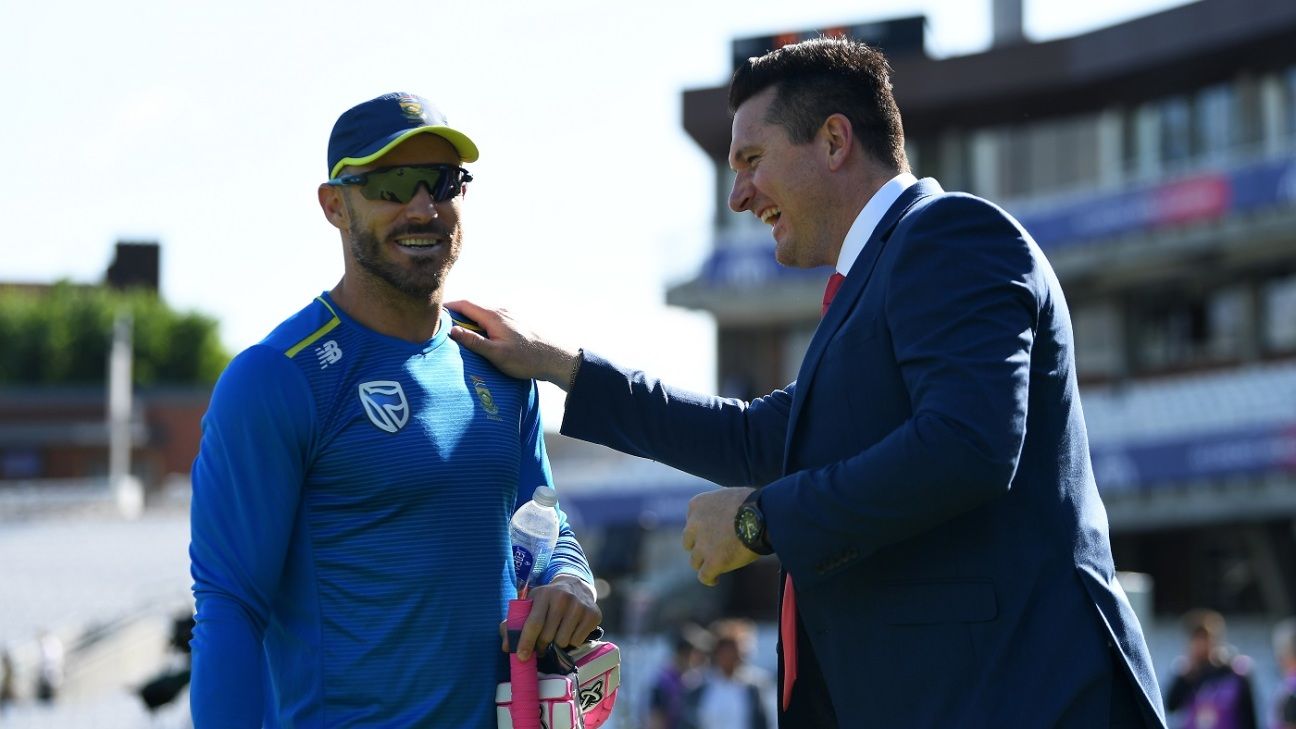
Graeme Smith, South Africa's former captain, is in the running to be South Africa's first full-time director of cricket, a position created in the aftermath of the World Cup.
Smith confirmed to ESPNcricinfo that he was interviewed for the position this week. He is among at least two others in line for the job.
Suspended interim director of cricket, Corrie van Zyl, and former national selector Hussein Manack were also interviewed. The position is expected to be filled in the next two weeks.
More to follow...
Heat, Spartans share points after rain washes out Durban game
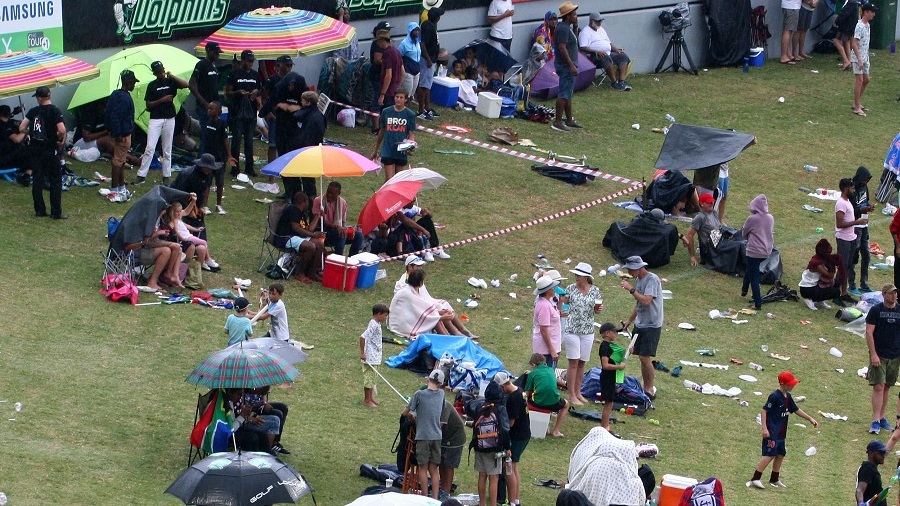
Durban Heat v Tshwane Spartans
Match abandoned without a ball bowled
The second game of MSL 2019, between hosts Durban Heat and visitors Tshwane Spartans, was called off even without a toss due to rain and then a wet outfield.
The contest, that was set to have AB de Villiers facing off against Alex Hales, was called off at 1.10pm local, forty minutes after the scheduled time for toss. When the umpires walked out at 1pm local for an inspection, they were welcomed with a shower, and that forced them to abandon the game altogether.
There were always doubts over the game after overnight rain hit Durban over the past 24 hours. But the hope of a match arose after the rain stopped in the afternoon. Unfortunately for the teams, the combination of a wet outfield together with a second spell of rain ended all hopes of a contest.
According to weather reports, Durban is expected to receive more rain in the days to follow, although the next game - Heat v Paarl Rocks - at Kingsmead is on November 15. For Spartans, their next game is on November 13, when they host Nelson Mandela Bay Giants at Centurion.
Big Three v ICC redux: ECB joins BCCI and CA in opposing extra global event
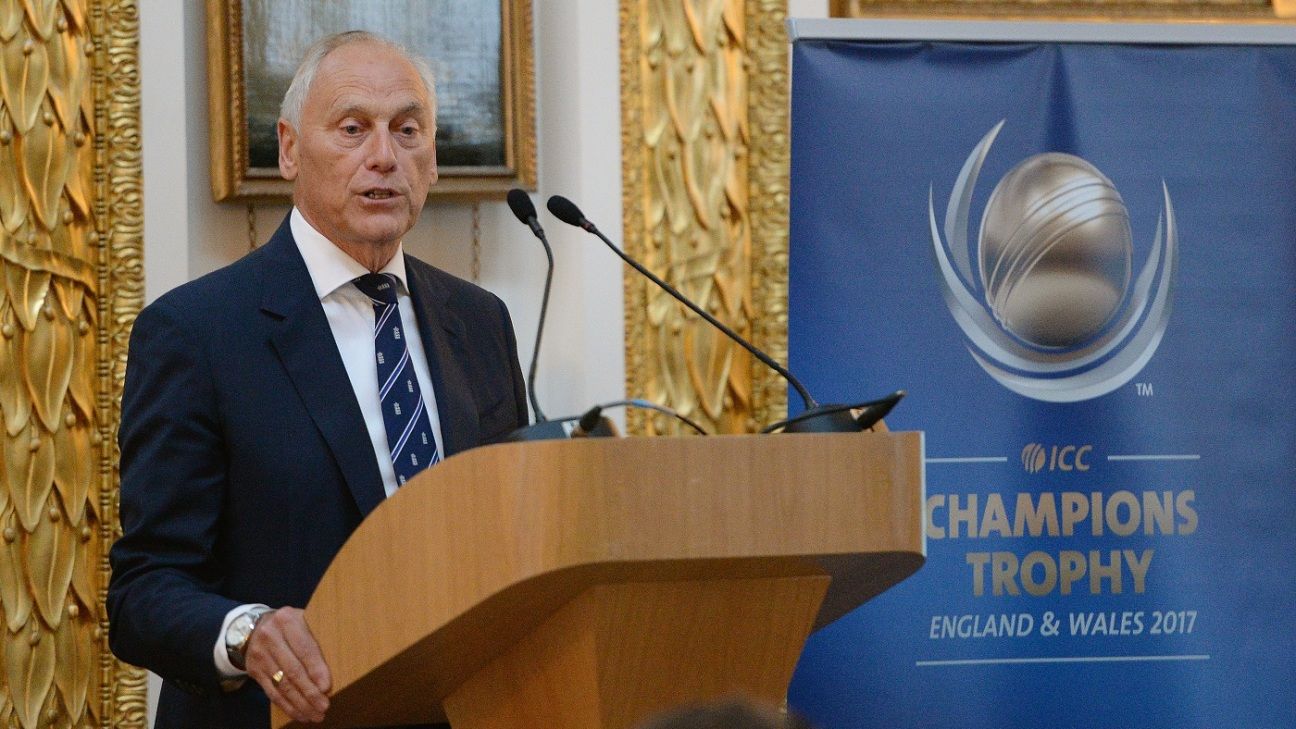
The ECB has joined the BCCI and Cricket Australia in raising concerns about the ICC's decision to approve eight global tournaments in the next rights cycle (2023-31). This, even as the Indian board, with a new administration in place, has hardened its existing opposition, creating the possibility of not signing the new fixtures' calendar.
Like its Indian and Australian counterparts, the ECB is worried that an additional global event for men and women in the next cycle would only hit bilateral cricket. Colin Graves, the ECB chairman, told the ICC that the move would not only "significantly risk marginalising" bilateral cricket, but also has the potential to "devalue" the World Test Championship model.
It is an important objection, given that Graves sits on two of the most powerful ICC committees: the finance and commercial affairs panel and the main board.
Curiously, these were the committees that approved the decision to have eight global events in the next rights cycle - as opposed to six between 2015 and 2023 - and given that three powerful boards have now made their concerns clear, it calls into question the status of the ICC statement, which presented the update as a fait accompli, and which some officials said at the time had the support of ECB and CA.
"We are seriously going to oppose their (new) governance structure, business model and the future tours programme. If it comes to a crunch, then I don't see the BCCI is signing the MPA." Arun Dhumal, BCCI treasurer
"The impact of the proposed schedule of ICC events on bilateral cricket is a serious concern for ECB," Graves wrote to ICC chief executive Manu Sawhney, in an email sent on Friday, and seen by ESPNcricinfo. "The proposed schedule risks compromising the time available and thus the value and integrity of the bilateral cricket calendar for all Member Boards."
The BCCI was the first to object to the plan, but since its objection had come when it was undergoing a transition in administration, the concerns didn't present much of a real obstacle. At the time of the ICC decision, BCCI CEO Rahul Johri had said the decision was "premature".
That position, moving ahead, will likely harden as new BCCI treasurer Arun Dhumal made clear. "We are seriously going to oppose their (new) governance structure, business model and the future tours programme," he told the Indian Express. "If it comes to a crunch, then I don't see the BCCI is signing the MPA."
The ECB's email now means that the three most financially strong boards have now all objected to the ICC plan, CA chief executive Kevin Roberts having expressed his concerns a fortnight ago and insisting that the next cycle was still "absolutely up for discussion".
It is not surprising to see the BCCI, ECB and CA coming together to oppose the latest ICC move - one that is acknowledged by some to be a return to the state of affairs (of one ICC event every year) that was upset by the Big Three's attempted takeover of the game in 2014. They are among the only boards that derive a significant amount of income from bilateral cricket, and additionally run high-profile and high-value domestic T20 leagues; next summer, the ECB launches The Hundred.
"ECB cannot support a proposal which seeks to play an additional men's ICC Event in a year where the World Test Championship final is scheduled, as this risks de-valuing the World Test Championship and the future health of Test cricket" Colin Graves, ECB chairman
Graves told Sawhney that the extra global tournament could affect the ECB's finance model. "It is our collective responsibility to protect that balance, which is increasingly challenging, but which must be maintained in the interests of the hundreds of millions of fans around the world and also to sustain the business model underwriting international Boards.
"It is our view that the current proposal for ICC Events post 2023 significantly risks marginalising bilateral cricket for many ICC Member Boards, including ECB, as well as potentially devaluing the status of ICC world championship events through their increased frequency." Graves reminded the ICC that the future health of Test cricket must remain the foremost priority of all member boards and while the ICC had done its bit in launching the Test championship, he feared the move would hurt the championship.
"The World Test Championship provides a framework which drives increased context for Test cricket fans globally. Furthermore, the WTC Final is an ICC event through which ICC can demonstrate its commitment to the future of Test cricket, which is crucial to the health of all formats.
"ECB cannot support a proposal which seeks to play an additional men's ICC Event in a year where the World Test Championship final is scheduled, as this risks de-valuing the World Test Championship and the future health of Test cricket. As a result of the above, ECB is not in a position to support the current proposal for ICC Events from 2023 - 2031."
Graves also pointed to the impact of an extra event on player workload. "ECB cannot support a schedule that requires our best players to play more than they currently do. Player welfare is a primary concern to the ECB, and the current proposal requires that international players are likely to have fewer days to prepare and rest. With the growing demands on modern day cricketers, player welfare in terms of both mental and physical wellbeing, should be a concern for ICC as much as it is for Member Boards."
The prospect of another Big Three v ICC situation seems imminent, though Graves, along with Roberts and Johri, have all sounded consultative notes. Graves suggested the ICC first allow the working committee for this new calendar to finish its report and then have further discussions before making a final decision. The working group comprises ICC board members [CSA president Chris Nenzani and CA chairman Earl Eddings] along with CEOs of BCCI [Johri], ECB [Tom Harrison] and Cricket West Indies [Johnny Grave], and was formed last year to formulate a strategy for the growth and development of the game.
"We are keen to work closely together with ICC to promote the interests of cricket globally, to attract more fans to the game, and to optimise commercial returns without further compromising the existing balance between ICC Events and bilateral cricket," Graves wrote. "I am of the strong belief that working together as stakeholders, we can establish a calendar of events from 2023 onwards that achieves all of these aims and serves the interests of all ICC Members."
Leicester's return to Premier League elite is no fluke

During the miracle 2015-16 season, when Leicester defied all logic and 5,000-1 odds to be crowned Premier League champions, their fairy tale contained an asterisk. The achievement, one that resonated around the world for its "anything is possible" theme, was undoubtedly special. However, it was also coloured by the capitulation of the big clubs: Leicester were very good, but the traditional powers were staggeringly poor.
Arsenal, nearing the end of Arsene Wenger's reign, ended 10 points behind them in second as Tottenham lost their last two games by a 7-2 margin to stumble into third. Manchester City were prepping for the introduction of Pep Guardiola to replace Manuel Pellegrini, and with the club announcing that move four months before the end of the campaign, the distracted team crawled to the finish line.
Manchester United, dull and desperately counting down the final days of Louis van Gaal's tenure, lost out on a Champions League place on goal difference to their neighbours. Jurgen Klopp was navigating his way around English football with Liverpool, placing eighth while reaching the Europa League final, and Chelsea had sacked Jose Mourinho in December when the club were a lowly 16th.
With them all of them locked in battle against mediocrity, Leicester counterattacked their way to one of sport's greatest shocks. Now, however, up against the most relentless Liverpool and Man City sides, the East Midlands club are holding their own in a different sense. They're a much better unit than their title-winning vintage: they boast a more balanced squad, some of the most exciting and consistent young players in the league, an ability to play different systems and an all-encompassing strategy to maximise their potential.
It is no miracle or accident that they're third in the standings under Brendan Rodgers, with the joint-best defensive record -- despite selling Harry Maguire to Man United for £80 million -- and the second most goals scored behind City. Leicester are also more accomplished in every metric at this stage of the season than they were in 2015-16. (Then: Played 11, scored 23, conceded 19, goal difference 4, points 22. Now: Played 11, scored 27, conceded 8, goal difference 19, points 23.
On Saturday, Leicester host faltering Arsenal -- Unai Emery's side are without a league win in their past three -- in a fixture that can underscore their status as the definite best of the rest behind Liverpool and Man City.
Right man, right time, right tools
By October 2018, it was evident that Claude Puel and Leicester were approaching the end of their time together. The former Monaco, Southampton and Lille manager had lost the dressing room, frozen out director of football Jon Rudkin and failed to communicate properly with staff or players. Throughout the season, Puel always seemed on the brink and the volatility of his tenure could be seen on the pitch. Something needed to give.
Leicester's top candidate was Rodgers, who was busy navigating an all-conquering Celtic towards a third straight domestic treble. They'd inquired as to his interest earlier in the season, but he'd wanted to finish the campaign in Scotland. By February, however, there could be no more waiting: Puel's position became untenable and he was sacked after seven defeats in nine games.
Leicester went all in on Rodgers, paying £7.5 million in compensation to release him from his contract at Celtic. They needed a progressive manager who had experience in the Premier League, a track record of developing young players, an aggressive, appealing style of football and a burning desire to compete with the traditional powerhouses. Rodgers ticked all the boxes though many pundits questioned the wisdom of leaving the Scottish giants midseason to take charge of a middling English side, potentially ignoring the bigger picture.
Leicester had all the tools to succeed but needed the right leader. Rodgers was that man -- his spell at Liverpool judged largely unfairly -- at the right time in his career and with the right base to build from.
"This was an opportunity that arose very quickly and I had a decision I had to make very quickly," he explained after his appointment. "Removing the emotion from that was key. The opportunity to come to a club like Leicester wasn't going to wait for me. I certainly haven't swapped success for mediocrity. This is a club with a rich history of its own, and its recent history has been successful like we've all seen. It was difficult, but it's one I made from a career perspective."
So far, he has thrived in the responsibility of meeting and exceeding the club's exceptions.
"The change, in terms of everything from the mood around the place, how the players responded to messaging and the standards on the pitch and off it, has been massive," one staffer said.
"Someone mentioned it's like we were stumbling around in the dark, and now the lights are on and everything is clear."
Solid structures
Will Emery be sacked if Arsenal lose to Leicester?
The FC panel believe Unai Emery's inability to fix Arsenal's "terrible" defence could cost him his job.
Chairman Aiyawatt Srivaddhanaprabha, known around the club as "Top," is determined to follow through on his late father Vichai's great hopes for the club following his tragic death in a helicopter crash outside the King Power Stadium last October.
"We want to improve all aspects of the club to make the club sustainable and successful for many generations to come," Aiyawatt said at the end of last season. "We will always make support available to areas of the club that needs strengthening, whether that's the playing squad, the training ground, the stadium, staffing and infrastructure. If a requirement for the squad is recognised and suitable talent identified, we're always ready to support progress and improvement."
Leicester's recruitment has been exceptional and ahead of the curve. A case in point is central defender Caglar Soyuncu -- one of the season's standout performers thus far -- who was brought in for just under £18m in the summer of 2018 in the knowledge that Man City, Man United and others would be circling around Maguire in the 2019 summer window. They therefore had a ready-made replacement who was settled in, sidestepping the need to pay over the odds for a defender given the record fee they gained for the England international.
- O'Hanlon: The moves that make Liverpool, Man City stand out
- Ogden: Get ready for the biggest game of the season
- ESPN Fantasy: Set your lineup!
Head of senior recruitment, Lee Congerton, has a close relationship with Rodgers that stretches back to 2005 when the pair were at Chelsea. The Leicester boss was then reserve team manager at Stamford Bridge, while Congerton was a youth team coach before Jose Mourinho promoted him to chief scout. They were reunited at Celtic following their three-year stint at Chelsea, with Rodgers making the former Welsh player recruitment director at Parkhead in 2016. It was no surprise that Congerton joined Leicester too, overseeing Callum Smithson and Jose Fontes in the technical scouting team while working with director of football Rudkin and chief executive Susan Whelan.
In a nod to their already impressive squad and stellar academy, Leicester did minimal business in the summer. Making the Youri Tielemans deal permanent as a club record signing for £40m when Man United were scouting him was a coup and securing Ayoze Perez from Newcastle United was another smart move.
Equally, they've done well to keep their highly coveted assets. Left-back Ben Chilwell, 22, was pursued by Arsenal and Liverpool before committing his long-term future to the King Power Stadium, with Man City still keeping tabs on his development. Wilfred Ndidi has been considered by several elite teams during their search for defensive midfielders, while James Maddison continues to be heavily linked to Old Trafford. Both players are also 22 and are viewed as among the league's best talents in the centre of the park.
Jamie Vardy, now 32 but still leading the league's scoring chart, famously shunned Arsenal after being named FWA Footballer of the Year. Since joining the club, Rodgers has managed to extract the optimum out of the striker with small tweaks to his game.
"Firstly, from a defensive perspective, he is not having to press the whole back four," the manager explained. "He is a guy who will run all day for you. Now it is a lot more synchronised in how we want him to press and he is doing short bursts of pressing, which he is very good at. He is so clever at setting traps to press so he is a real focal point in that aspect. Then he is playing more on the corridor and central. The other guys, it is their job to create opportunities for him and others, and then actually asking him to stay on the last line.
"He is playing with a smile and really enjoying his football and that is always important as a player," said Rodgers. Vardy has scored eight goals in his eight league starts against Arsenal, which includes three braces, and you wouldn't bet against him embarrassing their defenders again on Saturday.
While Unai Emery's future is in doubt and his club's decision-making is constantly called into question -- from the handling of Mesut Ozil, the Granit Xhaka captaincy mess to further strengthening an explosive attack in the summer instead of fixing a self-detonating defence -- Leicester's start to the season has been a reflection of their smart choices. From the construction of an £80m new training complex, the assembling of an exhilarating squad with a high ceiling, the appointment of Rodgers, to the vital decision not to travel far in preseason (687 miles compared to Arsenal's 11,654) in order to properly implement Rodgers' blueprint, the 2015-16 champions are benefiting from solid planning.
Their opponents from north London this weekend would do well to take notes.
Afghanistan bowl, leave out Naib; West Indies unchanged
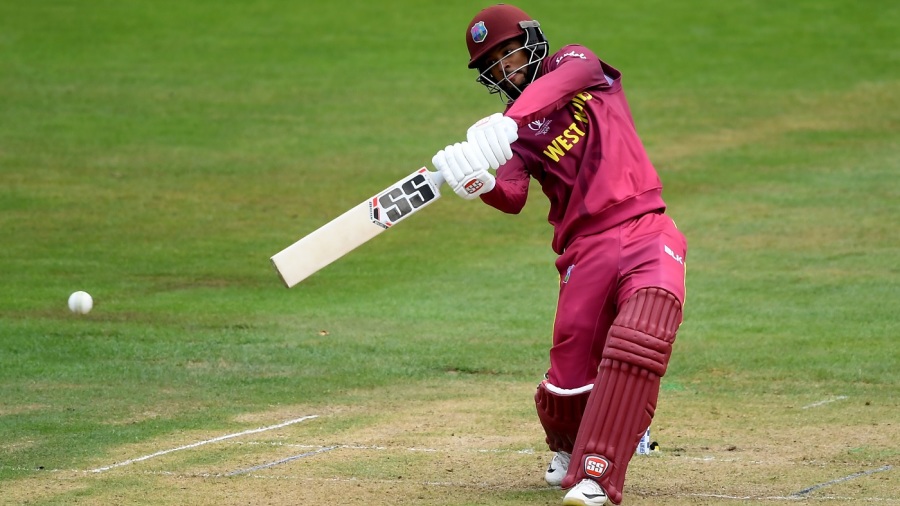
Toss Afghanistan chose to bowl v West Indies
Rashid Khan won the toss in the second ODI and elected to bowl as Afghanistan looked to stop a ten-match ODI losing streak. To that end, they chose to tweak the side that lost in the first ODI. Allrounder and former captain Gulbadin Naib was left out and replaced by spin-bowling allrounder Sharafuddin Ashraf.
West Indies made no changes to their XI. A win in the second ODI would give them their first series win since August 2014.
Afghanistan: 1 Hazratullah Zazai, 2 Javed Ahmadi, 3 Rahmat Shah, 4 Ikram Alikhil (wk), 5 Najibullah Zadran, 6 Asghar Afghan, 7 Mohammad Nabi, 8 Sharafuddin Ashraf, 9 Rashid Khan (capt), 10 Naveen-ul-Haq, 11 Mujeeb Ur Rahman
West Indies: 1 Evin Lewis, 2 Shai Hope (wk), 3 Shimron Hetmyer, 4 Nicholas Pooran 5 Roston Chase, 6 Kieron Pollard (capt), 7 Jason Holder, 8 Romario Shepherd, 9 Sheldon Cottrell, 10 Alzarri Joseph, 11 Hayden Walsh Jr
Bangladesh coach Russell Domingo promises continuity of selection
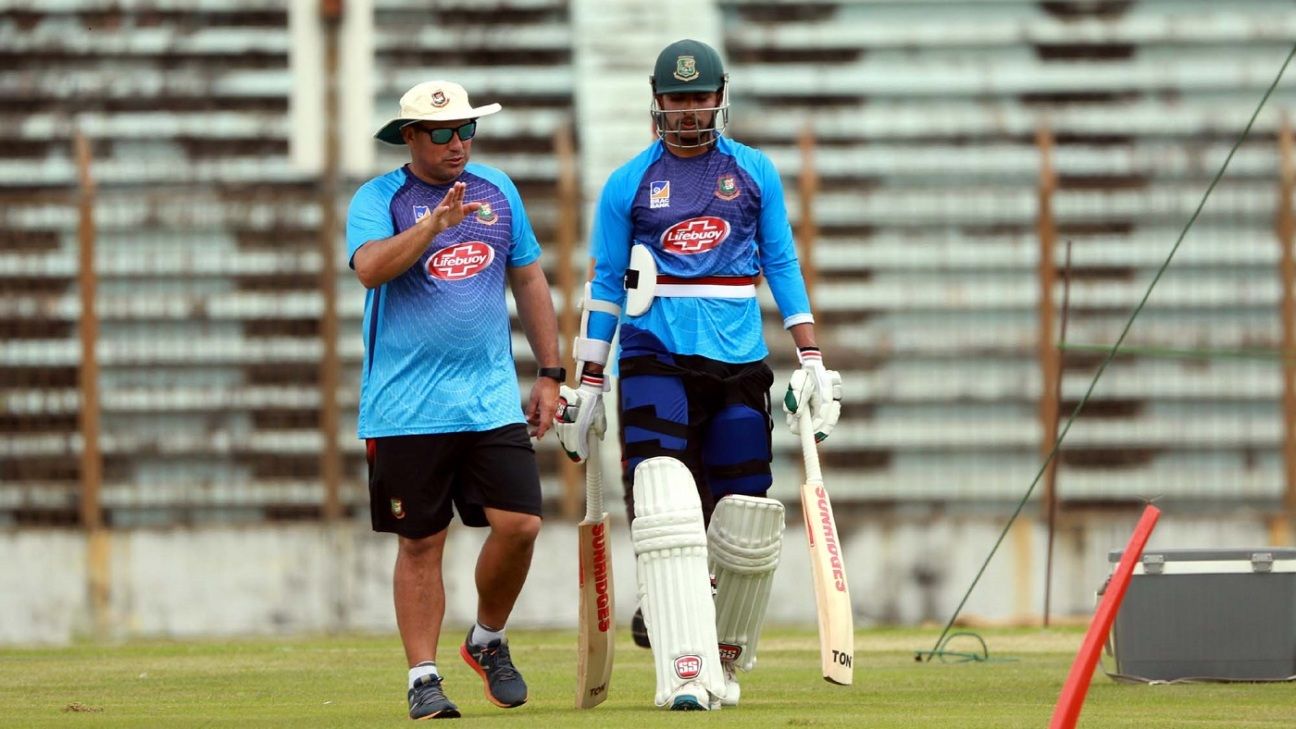
It's been a dramatic couple of weeks for Bangladesh cricket. Shakib Al Hasan was publicly blasted by BCB president Nazmul Hassan for not taking the board's approval for a sponsorship deal before he was banned for failing to report bookie approaches. It all happened on the eve of Bangladesh's tour of India, and in the aftermath of the players' strike a few days before, nothing seemed to have settled down.
And last week, amid all of this, they beat almighty India - for the first time in the format - in their own backyard in the first T20I in Delhi.
On Saturday, Bangladesh coach Russell Domingo sat in a press conference in Nagpur, the T20I series level with one match to go. Domingo said that before the team's arrival in India, nobody would have believed this scoreline.
"It has been a tough couple of weeks before this tour, but the players deserve a lot of credit," Domingo said. "The energy and desire they have shown in the last ten days has been fantastic. They were willing to try new things. They are playing against a quality side away from home. If someone said to us two weeks ago that we will be one-all coming into Nagpur, no one would have believed it.
"So we are pretty happy where are, and it is a great opportunity tomorrow. The guys are really excited by it. At the end of the day, India are one of the best sides in the world. No one gave Bangladesh a chance, but we think if we play to our potential, we have a chance tomorrow."
As Bangladesh look to move on from their off-field issues, Domingo also pointed out that they want to be known as a more settled team. Essentially, he believes in giving a group of players a longer run before making changes.
"We feel India has a lot of left-handed batters in their top six," he said. "Our offspinners worked a game ago, but just because it didn't work in the last game doesn't mean everything has to change. We don't want to be a team that makes knee-jerk reactions to a loss. It has been the case for this team for too long. We want to back a certain group of players.
"If somebody has a bad game doesn't mean he doesn't play for the next six months. It is part of T20 cricket. We believe that those who played in the first couple of games are good enough. We don't want to make a lot of tactical changes just because someone played really well against us."
Among the Bangladesh youngsters, Mohammad Naim and Aminul Islam have stood out so far. Naim, who did not have a striking T20 record before his call-up, has made a statement with his strokeplay in Rajkot, while Aminul, a batting allrounder, has showcased his skills as a legspinner, picking up four wickets in the two games.
"I have always liked a legspinner [in a playing XI] and I know [Aminul Islam] Biplob is more of a batsman who can bowl legspin, but I have been impressed by his energy, desire and work ethic," Domingo said. "He is a great guy to have in the team. Even against Rohit [Sharma] in the previous game, he ended up bowling 3.5 overs to take two wickets for 23 runs before going for a six. He bowled really well, for a young boy to bowl under that kind of pressure.
"Naim didn't have a good T20 record but this is a great format for us to trying and look at the next group of players are coming through. We don't know how long Tamim [Iqbal], Mushy [Mushfiqur Rahim] and Riyad [Mahmudullah] are going to be playing for, so it is a great opportunity for the younger guys. We have Saif Hassan joining us in the Test squad. We will look at how he trains as well. The most impressive thing isn't just their performances, but their energy, attitude and work ethic, which have been fantastic."
But Domingo also said unless one of Bangladesh's batsmen make a big score, they would find it difficult to beat India in the decider in Nagpur. "Mushfiqur [Rahim] got the big score in the first game, so we won. Rohit [Sharma] got the big score so they won the second game. When we get to the thirties, we need someone to get into seventies or eighties.
"[Bangladesh's batsmen] are not trying to get out. They are just making bad decisions in crucial stages of the innings. I don't think it is a technical thing. It might be decision-making at crucial stages that they need to improve."
Spinners likely to make the difference in Nagpur series decider
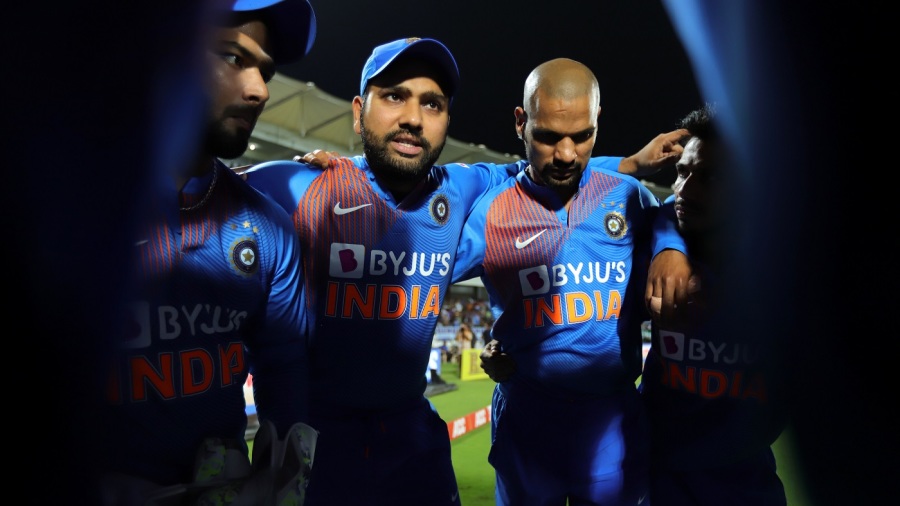
Big picture
Short-term results, or long-term planning? Teams have to constantly manage the tussle between those two objectives while they build up towards a major tournament. During their T20I series against South Africa in September, India made it clear they were looking ahead to the T20 World Cup first and foremost, when they chose to bat first and, as their captain Virat Kohli put it, "push ourselves out of our comfort zone", in Bengaluru, one of the country's great chasing venues.
The experiment seemed like a throwback to the mid-2000s, when India, under Rahul Dravid, kept opting to bowl first in ODIs in order to improve as a chasing side
But, after India lost in Bengaluru, and began the series against Bangladesh with another defeat while batting first - being sent in, more accurately - they went back to their comfort zone in Rajkot, where they won the toss, chased, and won convincingly.
You can't fault India for that decision, but it was a clear example of the tension between short- and long-term objectives.
Now, in the series decider in Nagpur, which way will India go if they win the toss?
The decision may not cause too much soul-searching, given that the VCA Stadium is one of the rare bat-first venues in India. It has one of the largest outfields in the country, and the pitch usually brings spinners into play. Teams batting first have won eight of 11 previous games here, including the most recent one, in January 2017, when Jasprit Bumrah bowled an outstanding 20th over to help India defend 144 against England.
Bangladesh began the series by beating India in a T20I for the very first time, and they know they have every chance of going one better and winning the series. If there's a bit of grip in the surface, they have the spinners to exploit it, as well as a canny exponent of cutters in Mustafizur Rahman. Their batting is suited to a slower surface too, but they'll need to learn a few lessons from Rajkot, where they failed to build on a bright start and ended up - in their captain Mahmudullah's estimation - 25-30 runs short of a challenging total.
Form guide
India WLLWW (last five completed matches, most recent first)
Bangladesh LWWWL
In the spotlight
India have kept faith in Shikhar Dhawan as Rohit Sharma's partner at the top of the order despite KL Rahul making a strong case whenever he has had the chance to open. Dhawan has lately shown a greater willingness to take risks during the powerplay overs, and has tasted some success while doing so, both in the IPL and in recent T20I innings against West Indies and South Africa. Bangladesh, however, have managed to tie him down in this series by denying him width. How will he respond to that tactic in the decider?
Mohammad Naim has made runs in both matches so far, but his range of shots has often looked limited, and India have been able to keep him quiet, as his strike rate of 105.08 suggests. Bangladesh might wonder if Soumya Sarkar, who is one of their most gifted ball-strikers, is better equipped to exploit the powerplay field restrictions. In a decider, they will need to give their best players their best chances of succeeding.
Team news
Having conceded 81 runs in eight overs across the first two T20Is, Khaleel Ahmed has been the one misfiring component of an India attack that Bangladesh have otherwise found hard to get away for boundaries. The left-arm quick is a talented bowler and gives India a bit of variety, but they may choose to leave him out and play Shardul Thakur instead.
India (possible): 1 Rohit Sharma (capt), 2 Shikhar Dhawan, 3 KL Rahul, 4 Shreyas Iyer, 5 Rishabh Pant (wk) 6 Shivam Dube, 7 Krunal Pandya, 8 Washington Sundar, 9 Deepak Chahar, 10 Khaleel Ahmed/Shardul Thakur, 11 Yuzvendra Chahal
Bangladesh, like India, stuck with the same XI in the first two games. They don't have any pressing reasons to make changes, though an extra spinner in Taijul Islam could come in handy if the Nagpur pitch plays true to nature. There are fitness concerns over Mustafizur (ankle) and Mosaddek Hossain (groin), but it is as yet unclear how serious they are.
Bangladesh (possible): 1 Liton Das, 2 Mohammad Naim, 3 Soumya Sarkar, 4 Mushfiqur Rahim (wk), 5 Mahmudullah (capt), 6 Afif Hossain, 7 Mosaddek Hossain, 8 Aminul Islam, 9 Shafiul Islam/Taijul Islam, 10 Al-Amin Hossain, 11 Mustafizur Rahman
Pitch and conditions
Russell Domingo, Bangladesh's coach, was in charge of South Africa when he last came to Nagpur, for a Test match in 2015 on a square turner. "The last time I was in Nagpur, the game finished in two days," he said on the eve of this match. "It looks better this time. I think Nagpur historically has lower scores than Rajkot. There the average score was 185, while here it is 155. I think the spinners will have a bigger role than it had in Rajkot."
Atmospheric and weather conditions dominated the talk leading up to the first two T20Is. That won't be the case in Nagpur, with clear skies expected right through the day.
Stats and trivia
Yuzvendra Chahal needs four wickets to go past R Ashwin and become India's most prolific T20I bowler. Chahal currently has 49 in 33 games at an average of 20.89.
Among all the Bangladesh batsmen with 400 or more T20I runs, Liton Das is the only one with a 130-plus strike rate.
Rohit and Dhawan are the most prolific T20I partnership ever, scoring 1740 runs in 51 innings. The Scottish pair of Kyle Coetzer and George Munsey are a distant second on 1348 runs.
Quotes
"Thirty-eight dot balls in a T20 match is not bad. Anything under 40 is not a big issue for us. The big problem was that no one got 70 or 80, more like Mushy (Mushfiqur Rahim) did in the first game. So the one who reaches thirty should look to make it a big one."
Bangladesh coach Russell Domingo



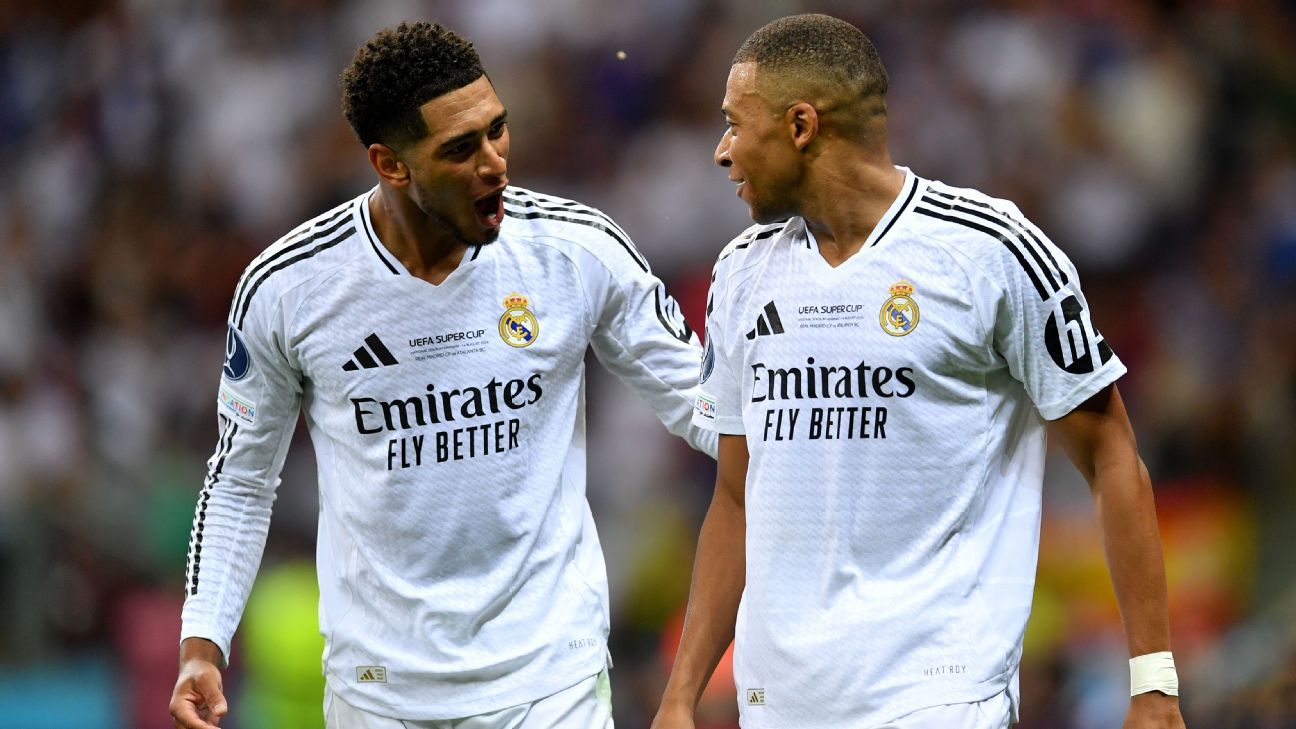








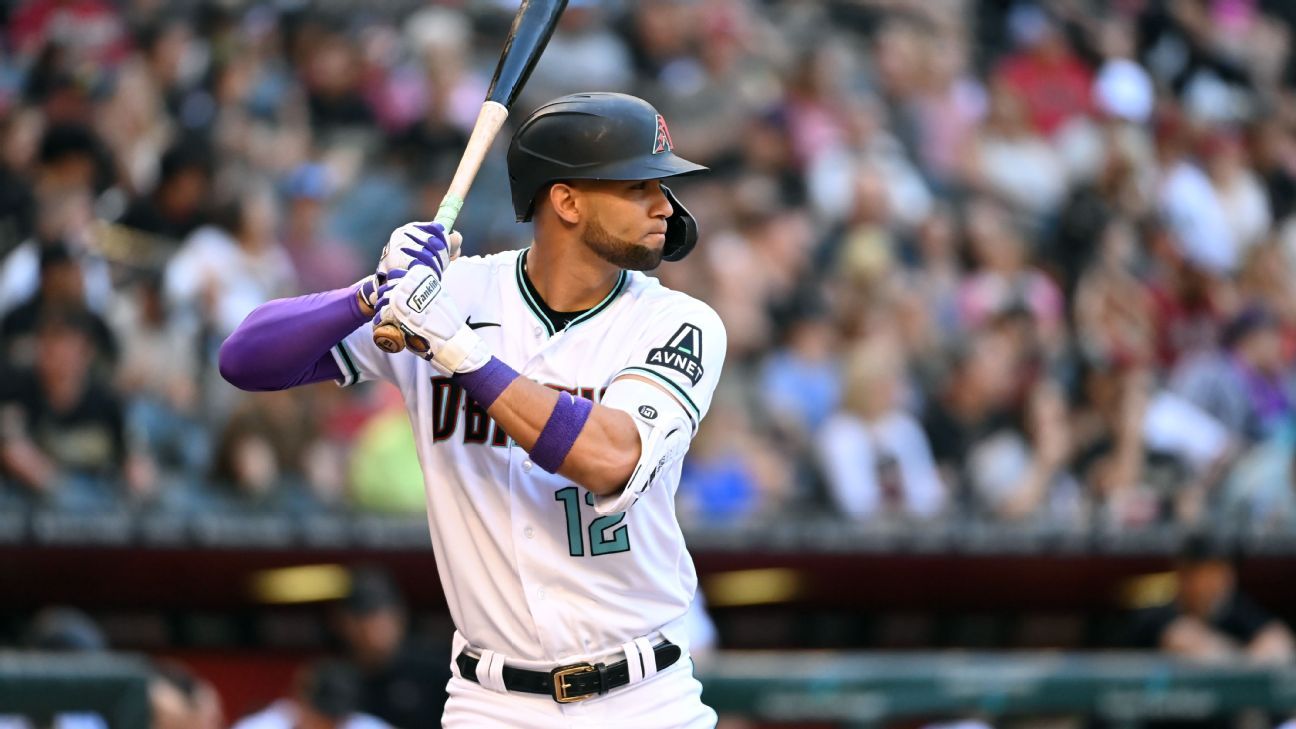


 Phone: (800) 737. 6040
Phone: (800) 737. 6040 Fax: (800) 825 5558
Fax: (800) 825 5558 Website:
Website:  Email:
Email: 






